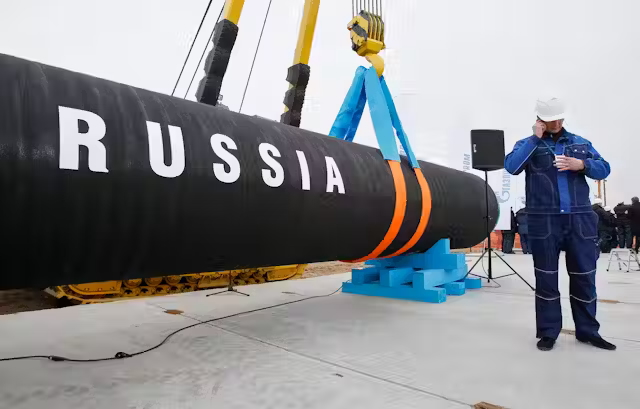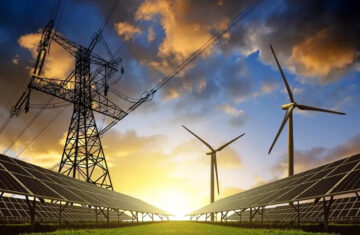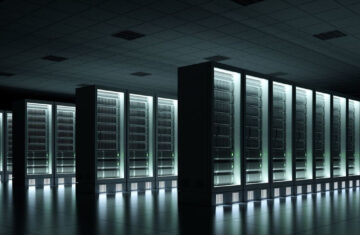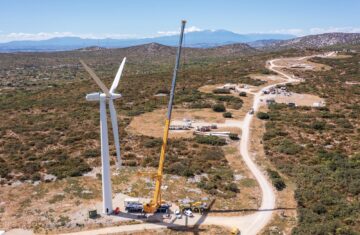The European Commission (EC) has unveiled a comprehensive roadmap aimed at ending the European Union’s dependency on Russian energy sources. This plan includes phasing out imports of Russian gas, oil, and nuclear energy, with legislative proposals expected next month.
In May 2022, following Russia’s invasion of Ukraine, the EC adopted the REPowerEU Plan to rapidly reduce the EU’s reliance on Russian fossil fuels. The plan acknowledged the need for nuclear energy as part of the EU’s security strategy while emphasizing coordinated actions to minimize dependence on Russian nuclear materials and services.
Despite the progress made under the REPowerEU Plan, the EC noted a rebound in Russian gas imports in 2024. Imported volumes decreased from 150 billion cubic meters (bcm) in 2021 to 52 bcm in 2024, with the share of Russian gas imports dropping from 45% to 19%. All imports of Russian coal have been banned, and oil imports have plummeted from 27% at the start of 2022 to just 3% now.
In 2024, the EU sourced over 14% of its uranium from Russia. Furthermore, around 23% of the EU’s demand for uranium conversion services and nearly 24% of its uranium enrichment needs were met by Russian suppliers. Member States with Russian-designed VVER reactors are working to replace Russian nuclear fuel with alternatives, but challenges remain.
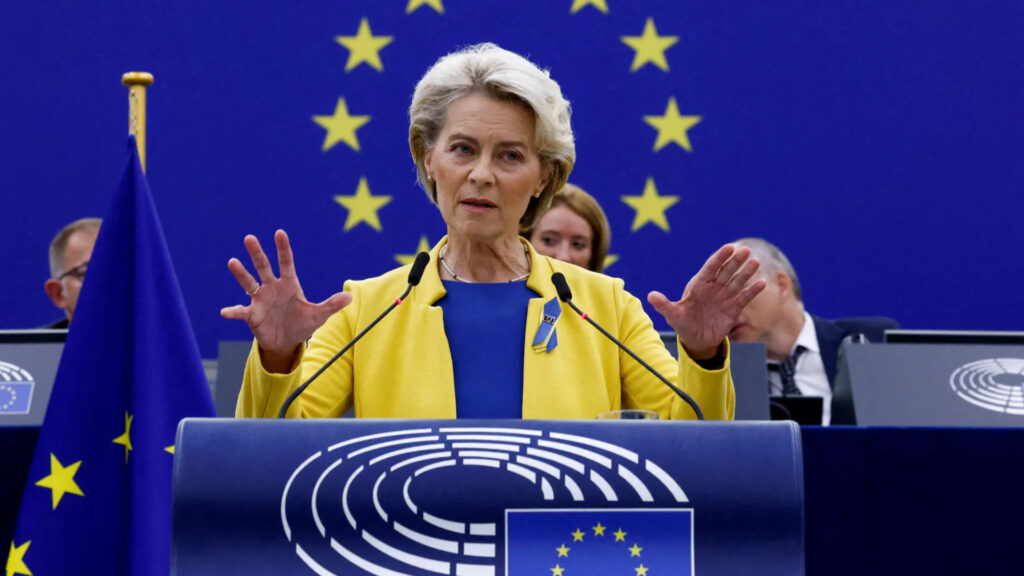
The newly published REPowerEU Roadmap aims to ensure the EU’s full energy independence from Russia. It outlines a phased removal of Russian oil, gas, and nuclear energy from EU markets, emphasizing a coordinated and secure transition. The Commission seeks to make Russian imports of enriched uranium economically less viable by introducing trade measures next month, which will encourage investment in alternative energy sources.
The roadmap also calls for accelerated development of alternative nuclear fuels for VVER reactors. The EC plans to halt all remaining imports of Russian gas by the end of 2027 and has requested EU Member States to prepare national plans by the end of this year outlining their strategies for phasing out Russian gas, nuclear energy, and oil.
The proposal has faced criticism from some EU leaders. Hungarian Foreign Minister Peter Szijjarto expressed opposition, warning that cutting Russian gas and nuclear fuel imports could jeopardize Hungary’s energy security. Similarly, Slovak Prime Minister Robert Fico highlighted concerns that the Commission’s proposals might harm the EU by raising energy prices and damaging competitiveness. He described the measures as “economic suicide,” arguing that they could create a new Iron Curtain between the West and Russia.
The European Commission’s roadmap represents a significant step toward reducing the EU’s reliance on Russian energy sources. As the bloc prepares for a future without Russian gas, oil, and nuclear energy, the success of this transition will depend on coordinated efforts among Member States and the development of alternative energy solutions. The upcoming legislative proposals will be crucial in shaping the EU’s energy landscape in the coming years.
